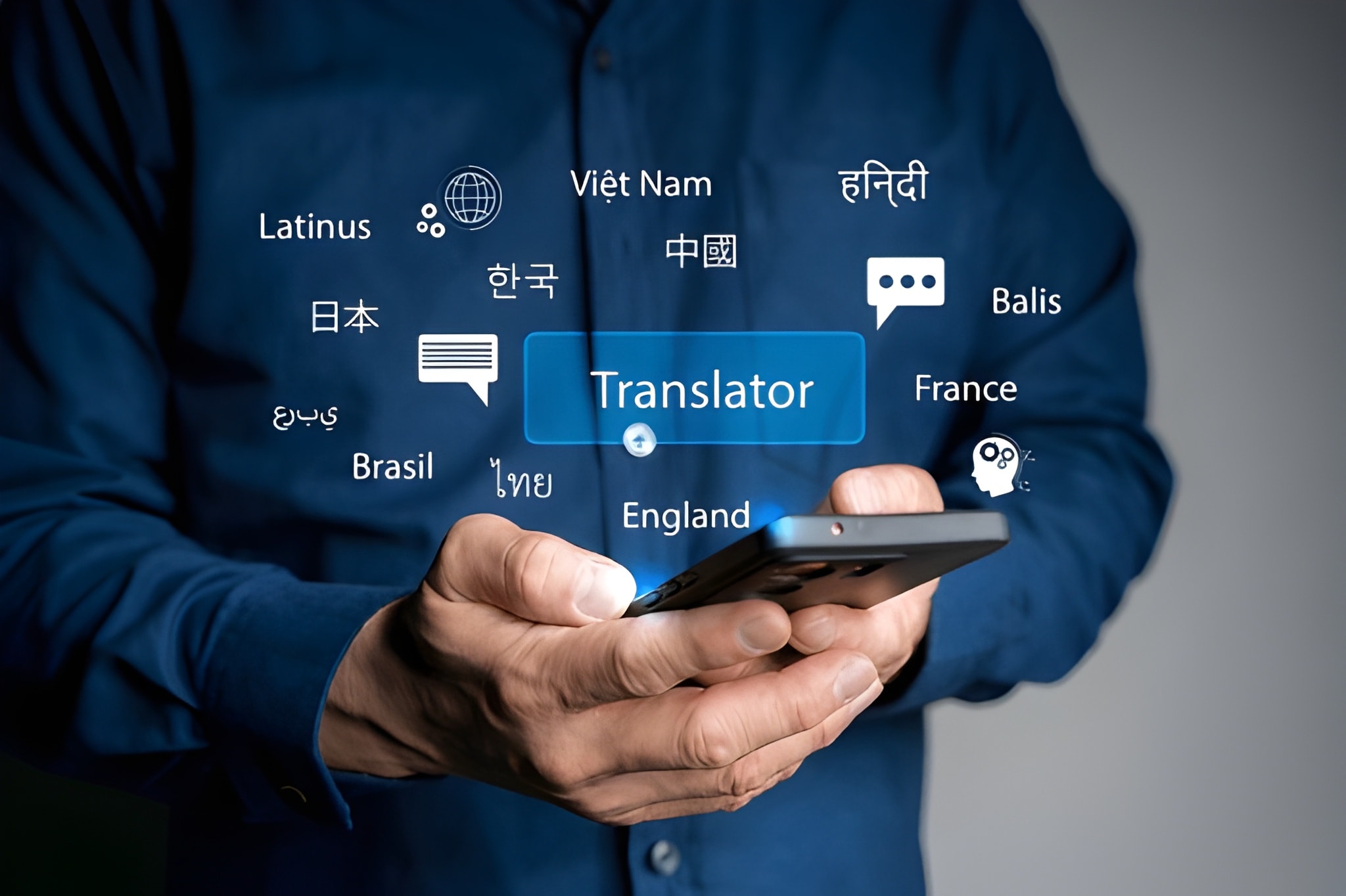When a Simple Word Becomes a Puzzle
Picture this: you’re traveling through Nairobi and a street vendor greets you warmly in Kikuyu. You smile back, but suddenly realize you don’t understand the phrase at all. You reach for your phone, hoping Google Translate will help—but then it hits you: Google doesn’t even support many African dialects directly. That’s when you realize the real challenge: how do you bridge the gap between English and Africa’s hundreds of regional dialects without spending a fortune on professional translators?
This situation isn’t rare. I’ve experienced it myself while communicating with Swahili speakers who mixed in Luo or Kikamba words in conversation. Standard apps couldn’t keep up, and I was left scrambling. Many students I know especially those studying African linguistics, have told me how they struggle to find accurate resources for translating dialects in their research. And for NGOs or aid workers, the stakes are even higher: understanding local dialects in rural African communities can make the difference between confusion and meaningful help.
Thankfully, in 2025, the world of free translation tools has expanded. While we don’t yet have one perfect app that handles all African dialects flawlessly, there are now several free African dialect translation tools that make life easier. And the best part? They’re accessible for everyone—students, travelers, professionals, and even casual users who just want to connect with a friend.
Why African Dialect Translation Tools Matter
Africa is home to over 2,000 languages and dialects, making it one of the most linguistically diverse regions on Earth. Major languages like Swahili, Hausa, Amharic, and Zulu are spoken by millions, but smaller dialects—like Igbo, Luo, Xhosa, or Wolof—still dominate local communities.
Why does this matter? Because while English, French, and Arabic are official languages in many African countries, day-to-day life often runs in regional dialects. Here’s why free African dialect translation tools are so important today:
- For Students: They provide quick access to vocabulary for research papers or cultural studies.
- For Travelers: They help decode phrases on signs, menus, or conversations with locals.
- For Professionals/NGOs: Aid workers, journalists, and business owners can engage better with communities.
- For Everyday Users: Casual chats on WhatsApp or Facebook often mix local dialects with English, and free tools bridge the gap.
According to Statista, mobile translation app usage has doubled in Africa since 2020, with users increasingly searching for regional dialect support. This shows a real demand for tools that go beyond “global” languages.
Step-by-Step Guide: Free African Dialect Translation Tools
Let’s look at some of the most reliable free tools for African dialect translations available in 2025, and how you can use them.
1. Google Translate (with Limitations)
- Supports: Swahili, Hausa, Yoruba, Zulu, Xhosa, Amharic, Somali.
- Features: Text, voice, camera (OCR), and offline packs.
- How to Use: Type or speak in the supported dialect → get instant English translations.
Example: I tested “Habari yako?” (Swahili greeting). Google Translate gave me “How are you?”—perfectly accurate. However, when I tried Kikuyu, it didn’t work at all.
Best For: Travelers and casual users in regions where major African languages are spoken.
2. Microsoft Translator
- Supports: Hausa, Swahili, Amharic, Yoruba, Somali.
- Features: Group chat mode (great for meetings), offline packs, and voice recognition.
- How to Use: In an NGO group meeting, one person speaks Hausa, while others see instant English subtitles.
Example: A field worker in Nigeria used Microsoft Translator to run a group session on health awareness. Locals spoke Hausa, and the app displayed English translations on the screen for everyone else.
Best For: Professionals and NGOs who need collaborative features.
3. Glosbe Online Dictionary
- Supports: Dozens of African dialects (community-driven).
- Features: Word-by-word translations with examples.
- How to Use: Search “Igbo word → English meaning” and see phrases, not just words.
Example: Looking up “Obi” in Igbo shows not only “heart” but also phrases like “Obi dị m ụtọ” (I’m happy). That cultural context is priceless.
Best For: Students and learners who want depth.
4. Kamusi Project (African Languages Hub)
- Supports: Over 40 African languages and dialects.
- Features: Word lookup, bilingual dictionaries, cultural notes.
- How to Use: Search by English or dialect word. Some entries include history and examples.
Example: Searching “Ubuntu” in Zulu not only gives the English equivalent “humanity” but also explains the cultural philosophy behind it.
Best For: Researchers and anyone curious about deeper meanings.
5. SayHi Translate
- Supports: Major African languages (Swahili, Hausa, Amharic).
- Features: Voice-to-voice conversation tool.
- How to Use: Speak English into the app, and it speaks Swahili back to your taxi driver.
I once used SayHi with a Somali Uber driver in Nairobi. We laughed when the app mistranslated a phrase, but it worked well enough to get directions right.
Best For: Everyday users who need quick conversations.
Comparison Table: Free African Dialect Translation Tools
| Tool/Resource | Supported Dialects | Best For | Pros | Cons |
|---|---|---|---|---|
| Google Translate | Swahili, Hausa, Yoruba, etc. | Travelers | Fast, offline packs, OCR | Limited dialect coverage |
| Microsoft Translator | Hausa, Swahili, Amharic | NGOs, professionals | Group mode, offline support | UI is less simple than Google |
| Glosbe Dictionary | Dozens of dialects | Students, learners | Phrase examples, free | Limited database |
| Kamusi Project | 40+ African languages | Researchers | Cultural notes, detailed info | Slower, not always mobile-friendly |
| SayHi Translate | Swahili, Hausa, Amharic | Travelers, chats | Voice-based, easy to use | Needs internet |
Real-Life Example: A Traveler in Tanzania
A friend of mine traveled to Tanzania for safari tourism. While most guides spoke English, locals in smaller towns spoke only Swahili or Chaga. With Google Translate’s offline Swahili pack, he managed to buy food and ask for directions easily. But when he heard Chaga phrases, the app failed. That’s when Glosbe helped—by offering word meanings crowd-sourced from real speakers. This shows why it’s smart to combine multiple African dialect translation tools free for the best results.
Summary: What’s the Bottom Line?
African dialects are beautiful, diverse, and deeply cultural—but that also makes them challenging to translate. The good news is that in 2025, you don’t need expensive software. With a combination of free African dialect translation tools like Google Translate, Microsoft Translator, Glosbe, Kamusi, and SayHi, you can manage daily conversations, research, and even professional tasks.
Here’s the real trick: don’t rely on one app alone. Use Google for quick translations, Glosbe for depth, Kamusi for cultural notes, and SayHi for live chats. Together, they give you the flexibility to handle almost any situation.
FAQs
Q1. Are all African dialects supported by free apps?
Not yet. Major languages like Swahili, Hausa, and Amharic are well-supported, but smaller dialects (like Kikuyu or Wolof) may require community-driven tools like Glosbe or Kamusi.
Q2. Can I use these tools offline?
Yes. Google Translate and Microsoft Translate offer offline packs for some African languages.
Q3. What’s the best tool for cultural meanings?
Kamusi Project and Glosbe provide cultural context that machine translation often misses.
Q4. Can these apps translate WhatsApp messages?
Yes. Copy-paste text into Google Translate, or use Gboard’s real-time translate feature.
Q5. Which is the easiest tool for travelers?
SayHi is the simplest for live conversations, while Google Translate is great for signs and menus.
Sources & References
- Google Translate Supported Languages
- Microsoft Translator Blog
- Glosbe Online Dictionary
- Kamusi Project
- Statista – Mobile Translation App Usage




